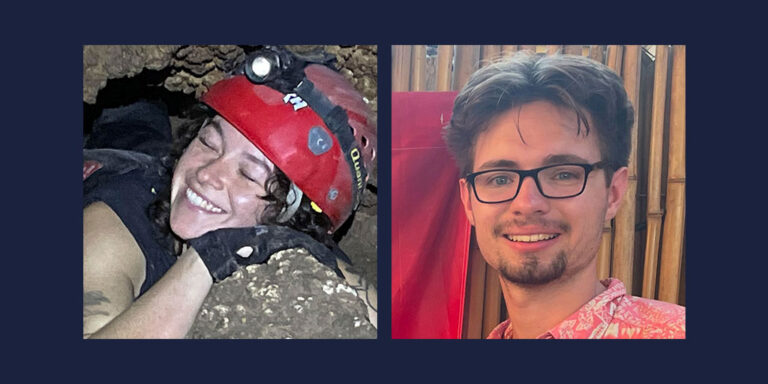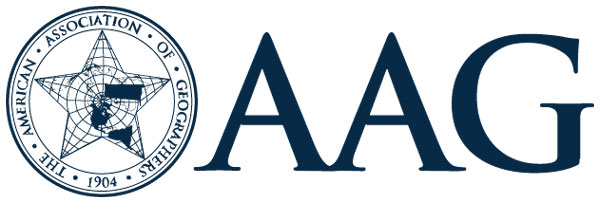FIRST Act Threatens Social Science Funding
As we reported to you in February, the Omnibus Appropriations Bill under which the Federal government is currently operating does not contain the so-called “Coburn Amendment,” which passed in March 2013 and prevented the National Science Foundation (NSF) from funding political science studies other than research “certified as promoting national security or the economic interests of the United States.”
While we were pleased by the exclusion of the Coburn Amendment from this year’s Omnibus, recent activity in the House of Representatives again threatens funding for the social and behavioral sciences. The FIRST (Frontiers in Innovation, Research, Science, and Technology) Act (H.R. 4186) was introduced in March by Rep. Larry Bucshon (R-IN), Chair of the House Science Subcommittee on Research and Technology, and would dramatically reduce funding for NSF’s Social, Behavioral, and Economic (SBE) Sciences Directorate. As many of you are aware, the NSF’s Geography and Spatial Science program is part of the SBE Directorate.
If enacted, the legislation would – for the first time – specify caps on the authorized funding levels for each of the Foundation’s research directorates. The NSF leadership has historically had the ability to prioritize research expenditures by allocating funding from their overall research appropriation to the various directorates as deemed necessary. Currently, SBE is receiving $257 million in Fiscal Year 2014, but this amount would be capped at $150 million in the FIRST Act – a cut of 42 percent.
The AAG continues to work closely with our colleagues at the American Association for the Advancement of Science (AAAS), the Coalition for National Science Funding (CNSF), the Consortium of Social Science Associations (COSSA), and other key groups to express our concerns about the legislation. As part of those efforts, we signed onto a community-wide letter to the House Science Committee leadership two days after the FIRST Act was introduced (https://www.cnsfweb.org/CNSFLetterFIRSTActFINAL.pdf).
Separately, the National Science Board (NSB) took the rare step of issuing a statement signed by all 23 current NSB members that expresses concerns about the caps imposed in the FIRST Act (https://www.nsf.gov/nsb/news/news_summ.jsp?cntn_id=131218&org=NSB&from=news). The statement also highlights a separate and important concern with the legislation – that it would undermine the peer review process for grant awards by requiring NSF program officers to certify that each grant is “worthy of federal funding” and “is in the national interest” (“national interest” is spelled out in six categories).
The FIRST Act was reported out of the House Science Committee on May 28 in a party-line vote. It could be acted upon by the full House at any time and the current thinking is that House leaders may bring the bill up for consideration later this month. If the bill is adopted, it would move on to the Senate. We will continue to monitor the debate on the legislation and will work with fellow science and higher-education organizations to make sure the importance of SBE funding is fully explained.
We always encourage AAG members to contact your Representative and Senators to express your views on issues of importance. The links below provide information about contacting members of Congress through the phone or internet. AAG members may also wish to use social media, such as Twitter or Facebook, to share their perspectives with elected officials, friends, colleagues, and the wider community.
You can locate your member of the House of Representatives by going to: https://www.house.gov/representatives/find/
Contact information for all U.S. Senators can be found at: https://www.senate.gov/general/contact_information/senators_cfm.cfm.
If you have any questions, please contact John Wertman, the AAG’s Senior Program Manager for Government Relations, at jwertman [at] aag [dot] org, or Doug Richardson, AAG Executive Director, at drichardson [at] aag [dot] org.


